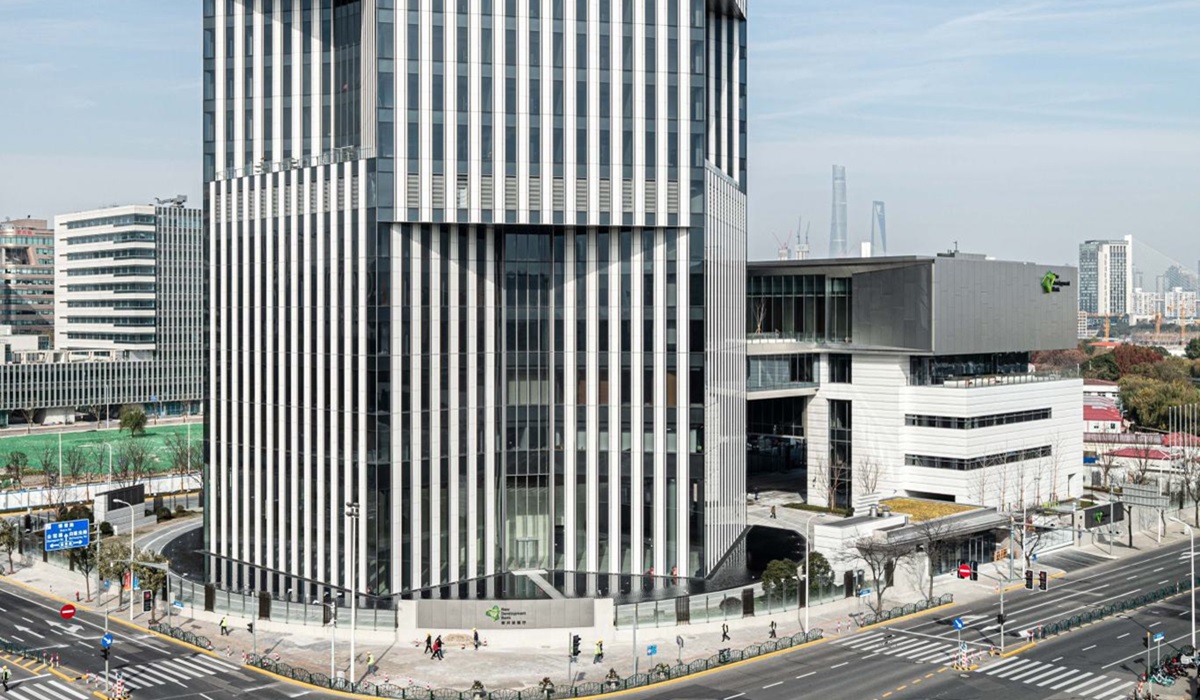The Shift Away from IMF and World Bank: Why Developing Nations Are Turning to BRICS
- TDS News
- Breaking News
- September 1, 2024

Image Credit, Donnie28
The recent decision by the BRICS Bank to lend $1 billion to South Africa for infrastructure, waste management, and water development is a pivotal moment in global finance. This move highlights a growing divergence between traditional Western financial institutions and newer, more development-focused alternatives.
Unlike the World Bank and the International Monetary Fund (IMF), the BRICS New Developement Bank prioritizes the genuine advancement of the countries it supports. A significant aspect of this approach is its willingness to lend in the recipient’s currency, a stark contrast to the dollar-denominated loans often provided by the IMF and World Bank. For countries grappling with inflation and devalued currencies, borrowing in dollars can be crippling. The resulting debt, exacerbated by unfavorable exchange rates, becomes nearly insurmountable, trapping these nations in a cycle of dependency.
This cycle is further entrenched by the stringent conditions imposed by Western lenders. Known as structural adjustment policies, these terms often force borrowing nations to adopt austerity measures, deregulate industries, and open their economies to foreign exploitation. When these nations struggle to repay their loans, creditors frequently gain access to their natural resources, further deepening their economic woes. This model has long been criticized for keeping poor nations poor while enriching their wealthier counterparts.
In contrast, the BRICS Bank offers a more equitable and sustainable model. Comprising Brazil, Russia, India, China, and South Africa, the BRICS coalition aims to support the development of other nations without the exploitative conditions that have become the hallmark of Western lenders. By avoiding harmful economic stipulations and offering loans in local currencies, the bank is emerging as a favored partner for countries seeking genuine development assistance.
This shift is part of a broader trend. Many developing nations, weary of the strings attached to IMF and World Bank loans, are increasingly turning to the BRICS coalition for support. This represents a significant realignment in global finance, as power begins to shift from a few dominant nations to a more multipolar world where the global majority has a greater say.
Looking ahead, the BRICS Bank is poised to challenge the dominance of the IMF and World Bank. As more countries recognize the benefits of working with an institution that genuinely prioritizes their development, its influence is likely to grow. The global South, now representing the global majority, is driving a transformation in how development is financed. This new financial landscape, with the BRICS coalition at its center, could finally offer a path out of poverty for nations long trapped by debt and dependency. The rise of this institution signals the dawn of a new era in global development, one that promises to be more just and equitable.








